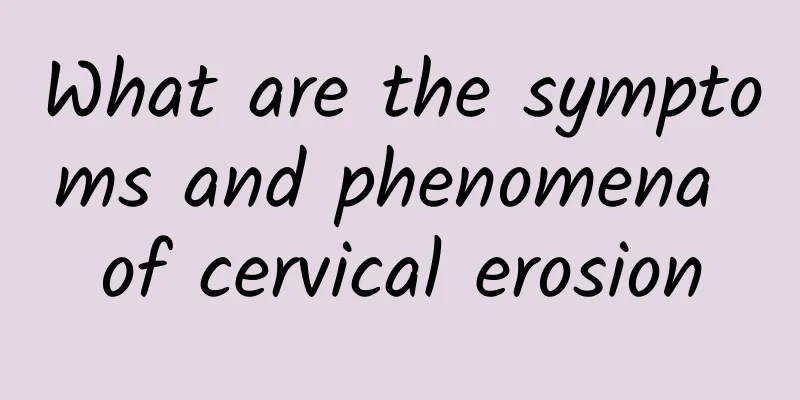What causes endometriosis and what medicine should I take for adenomyosis?

|
Treatments for endometriosis include medication, surgery, and lifestyle adjustments. The causes of endometriosis are related to genetic, environmental, and physiological factors. For medication, nonsteroidal anti-inflammatory drugs such as ibuprofen, oral contraceptives, and GnRH agonists such as leuprolide can be used; surgical treatments include laparoscopic surgery, hysterectomy, and nerve blocks; lifestyle adjustments include dietary adjustments such as increasing foods rich in omega-3 fatty acids, moderate exercise such as yoga, and walking. Endometriosis is a common gynecological disease with complex causes involving genetic, environmental and physiological factors. The disease is characterized by the growth of endometrial tissue in areas outside the uterine cavity, causing pain and infertility. Genetic factors play an important role in the development of endometriosis, and people with a family history of the disease have a higher risk of the disease. Environmental factors such as long-term exposure to certain chemicals such as dioxins may also increase the risk of the disease. Physiological factors such as abnormal immune function and imbalanced hormone levels in the body are also important causes. There are many treatments for endometriosis. Drug therapy is a common method. Nonsteroidal anti-inflammatory drugs such as ibuprofen can relieve pain; oral contraceptives can regulate hormone levels and relieve symptoms; GnRH agonists such as leuprorelin inhibit the growth of endometriotic lesions by reducing estrogen levels. Surgical treatment is suitable for patients with severe symptoms or ineffective drug treatment. Laparoscopic surgery can remove ectopic lesions; hysterectomy is suitable for older patients who have no fertility needs; nerve blocks are used to relieve intractable pain. Adjustment of lifestyle is also an important auxiliary treatment method. In terms of diet, it is recommended to increase the intake of foods rich in omega-3 fatty acids such as deep-sea fish and flaxseed oil, and reduce the intake of red meat and processed foods; moderate exercise such as yoga and walking can help improve pelvic blood circulation and relieve symptoms. Through these comprehensive measures, the symptoms of endometriosis can be effectively managed and controlled, and the quality of life can be improved. |
<<: Can I take medicine to treat uterine cyst?
>>: How big is the uterine fibroid that requires surgery?
Recommend
Best time for medical abortion
Medical abortion is a non-surgical method of abor...
What kind of anti-inflammatory water should be used after abortion? Is it necessary to receive intravenous drip for 3 days after abortion?
Abortion is a common gynecological surgery that a...
Can't I detect pelvic inflammatory disease?
Can't pelvic inflammatory disease be detected...
Several common misunderstandings in the treatment of dysmenorrhea
Dysmenorrhea is also a common menstrual abnormali...
Eating hot pot like this won’t make you fat! Nutritionists teach you how to choose the right meat and staple food, so you can enjoy delicious food and lose weight
Matsusaka pig vs. plum pig To review again, white...
Warning: Seven details cause irregular menstruation in women
Menstrual irregularities mainly refer to abnormal...
Analysis of the physical therapy of cervical hypertrophy
In recent years, more and more female friends hav...
Jun Ji-hyun's 4 weight loss secrets revealed! Half-body bath promotes metabolism, "this 1 trick" controls appetite
Although Korean actress Jun Ji-hyun is already 41...
What are the dangers of ectopic pregnancy
At present, there are many women suffering from e...
Eat heavy salty food! American children consume 3,300 mg of salt a day
Do you always let your children eat microwaved fo...
Knowing women’s hearts best: the advantages of painless abortion
Abortion is a remedial measure taken by women due...
How much does menopausal surgery cost?
There is no uniform price for treating this disea...
Six months after marriage, men are prone to obesity, women are prone to obesity
Marriage is the beginning of obesity, what to do?...
The difference between Western medicine and traditional Chinese medicine for dysmenorrhea. Diagnosis of dysmenorrhea by Western and Chinese medicine
How to see dysmenorrhea? Differences between West...
What are the main causes of multiple uterine fibroids?
What are the causes of multiple uterine fibroids?...









